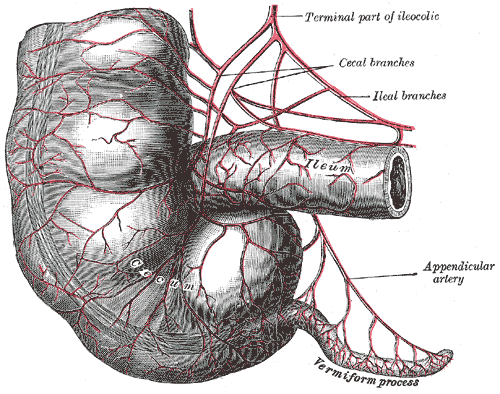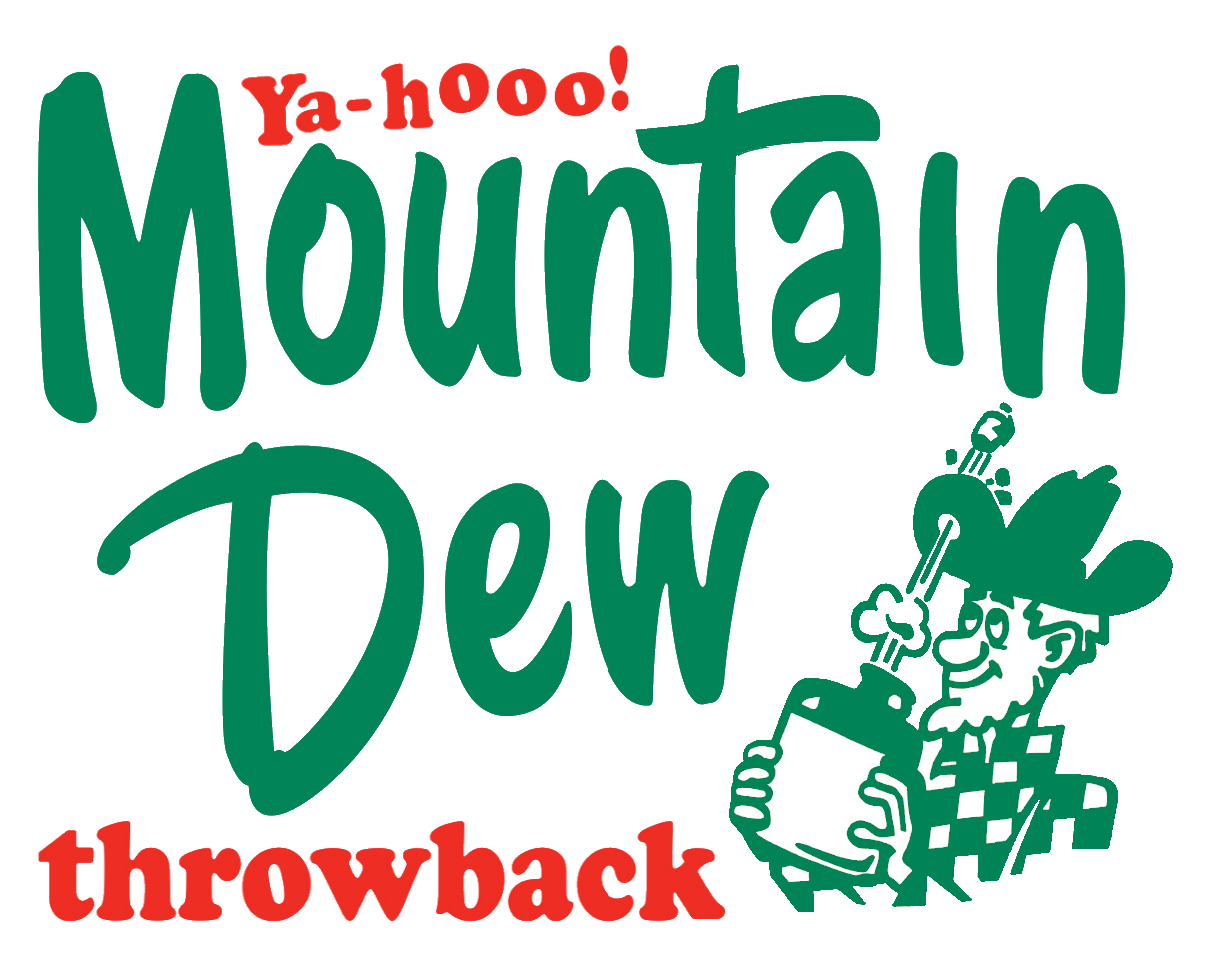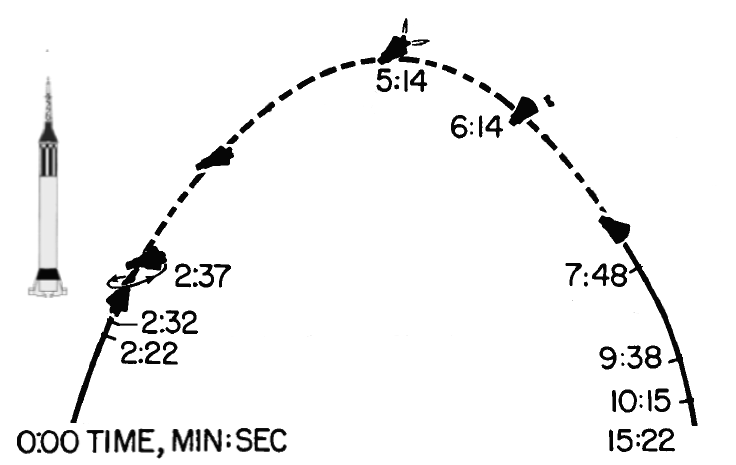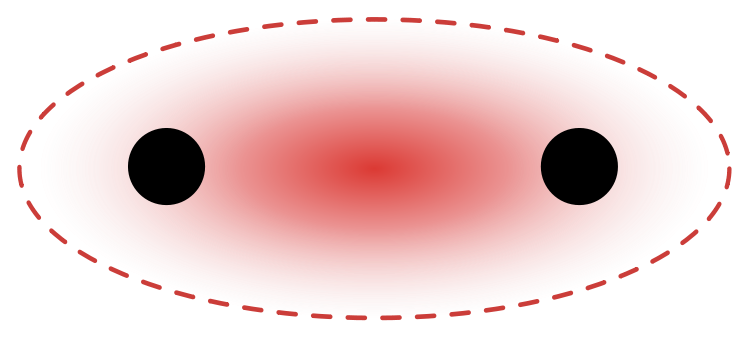 Here I sit, barely able to stay upright, mending slowly from perhaps the worst sinus infection I’ve ever had. This malaise got to me thinking about how we classify disease outbreaks. The COVID-19 virus would be considered an epidemic, or a disease “prevalent among a people or a community at a special time, and produced by some special causes not generally present in the affected locality.” If you are in Wuhan, it’s much worse, but I was amazed to see several people in my doctor’s office wearing surgical masks. My pharmacy displayed a sign reading “SOLD OUT of face masks.”
Here I sit, barely able to stay upright, mending slowly from perhaps the worst sinus infection I’ve ever had. This malaise got to me thinking about how we classify disease outbreaks. The COVID-19 virus would be considered an epidemic, or a disease “prevalent among a people or a community at a special time, and produced by some special causes not generally present in the affected locality.” If you are in Wuhan, it’s much worse, but I was amazed to see several people in my doctor’s office wearing surgical masks. My pharmacy displayed a sign reading “SOLD OUT of face masks.”
Folks are clearly afraid that the Chinese outbreak could jump borders and become a global pandemic, or an “epidemic over a very large area; affecting a large proportion of a population,” much like the Spanish Flu of 1918-19. The CDC estimate of US deaths for that pandemic runs to 675,000. I’ve heard figures as high as 50 million for the global death toll. A third of the world’s population fell ill.
Both terms have earliest recorded usages in the 17th Century. Since then, modern hygiene and advances in medicine have helped to make pandemics rare, if still terrifying, events.
The CDC provides a very useful chart that differentiates seasonal influenza, an annual event, from pandemic flu, which happened three times in the past century.
Pandemics lead to irrational behaviors that can worsen an already critical situation. I hope you are washing your hands a lot. That’s much more effective than wearing a mask.
Please send us words and metaphors useful in academic writing by e-mailing me (jessid -at- richmond -dot- edu) or leaving a comment below.
See all of our Metaphors of the Month here and Words of the Week here.
Image of soldiers at Fort Riley, Kansas, during the Spanish Flu Pandemic, courtesy of Wikipedia.










